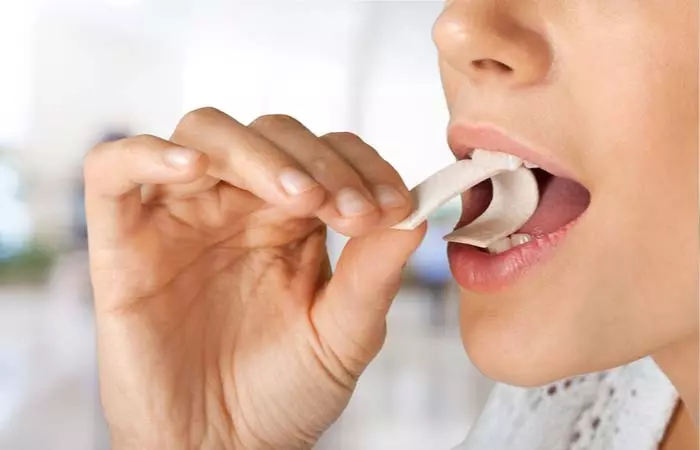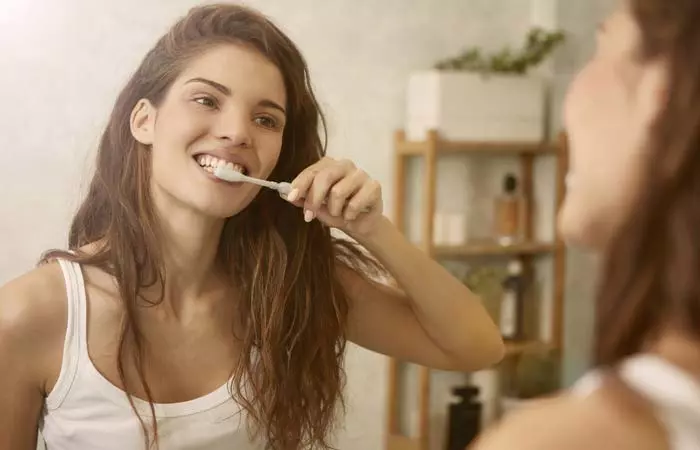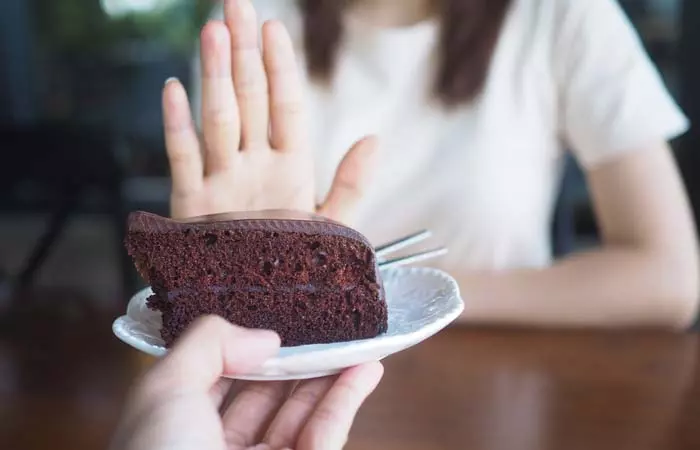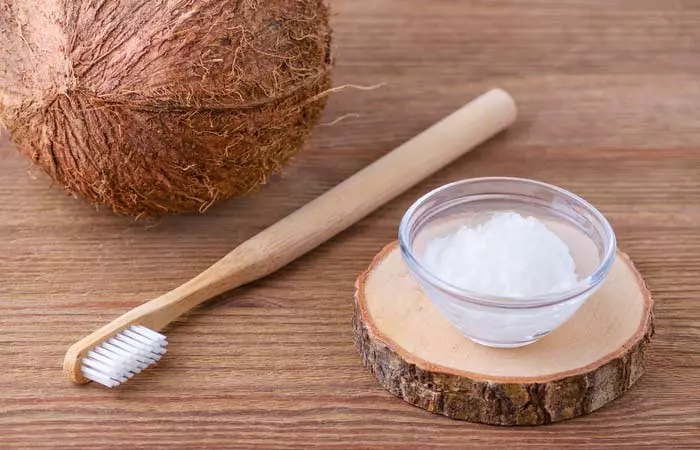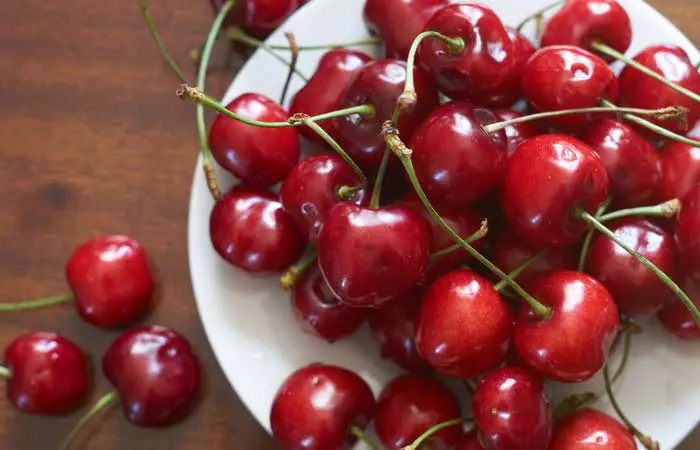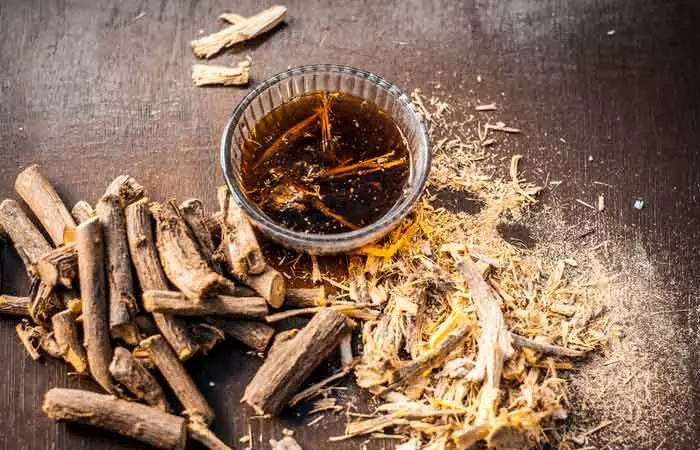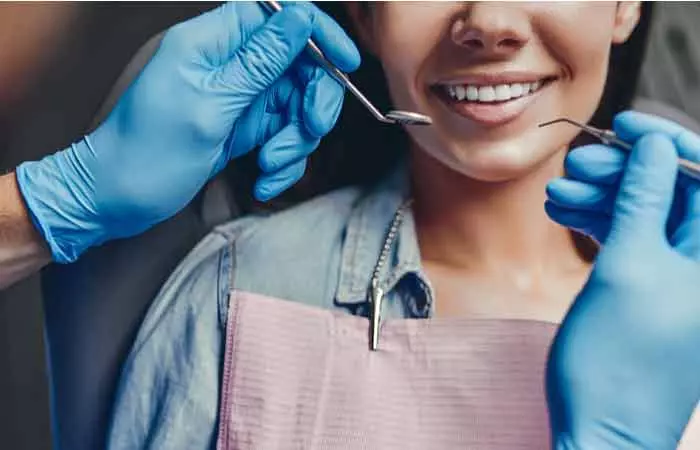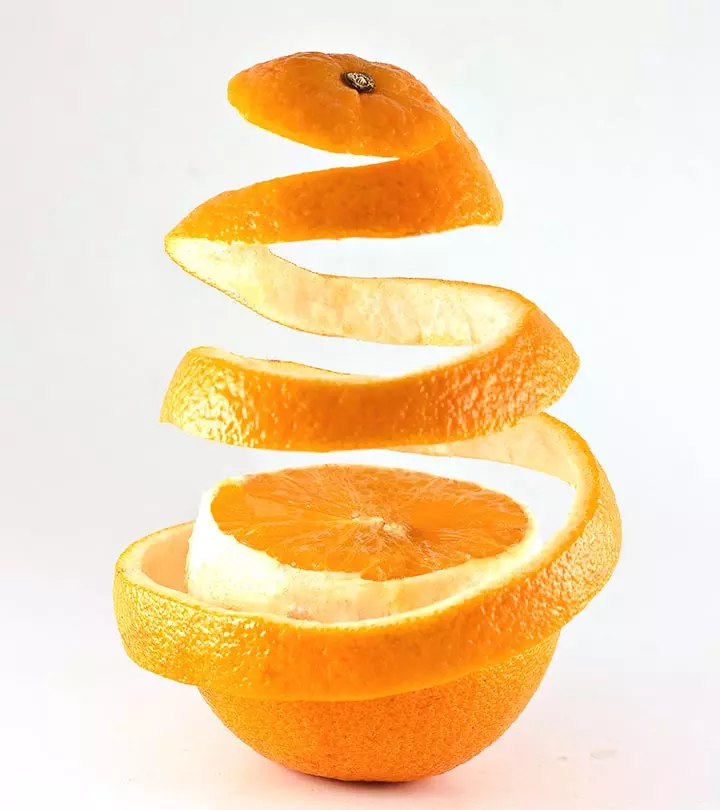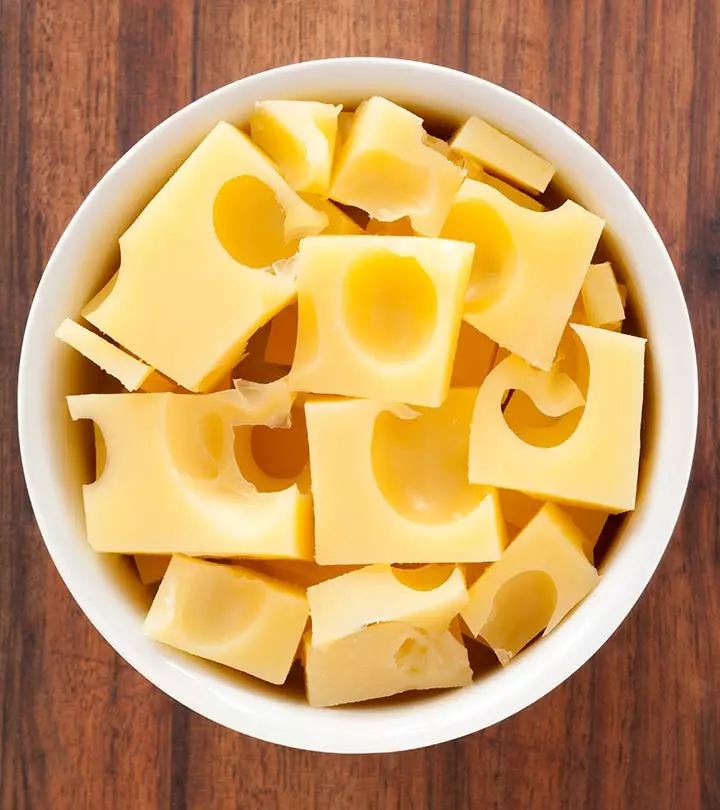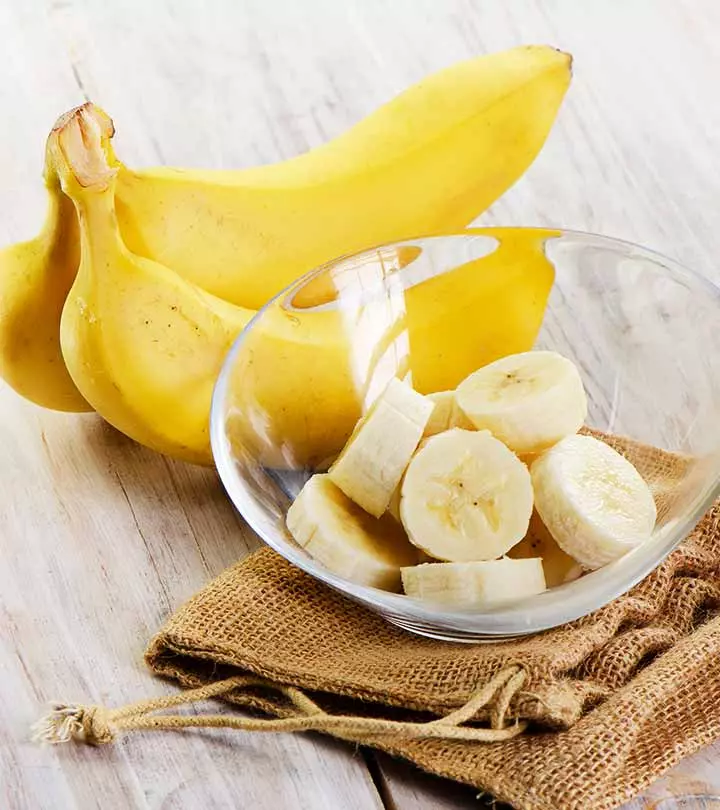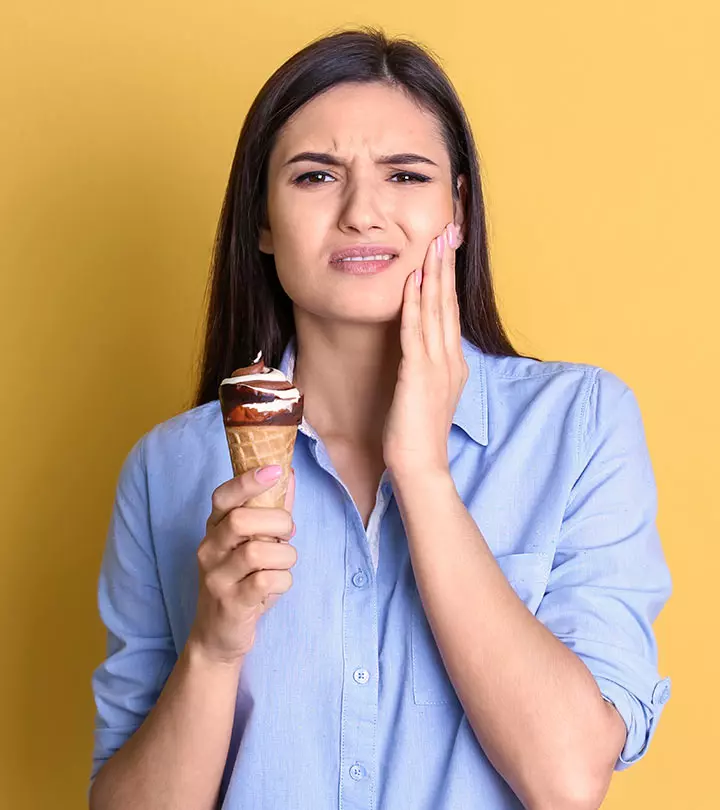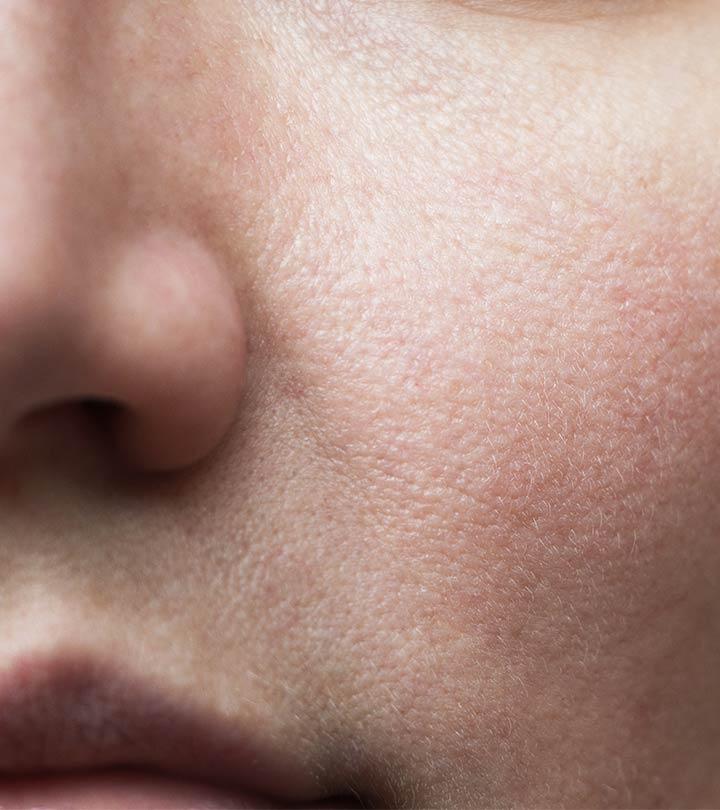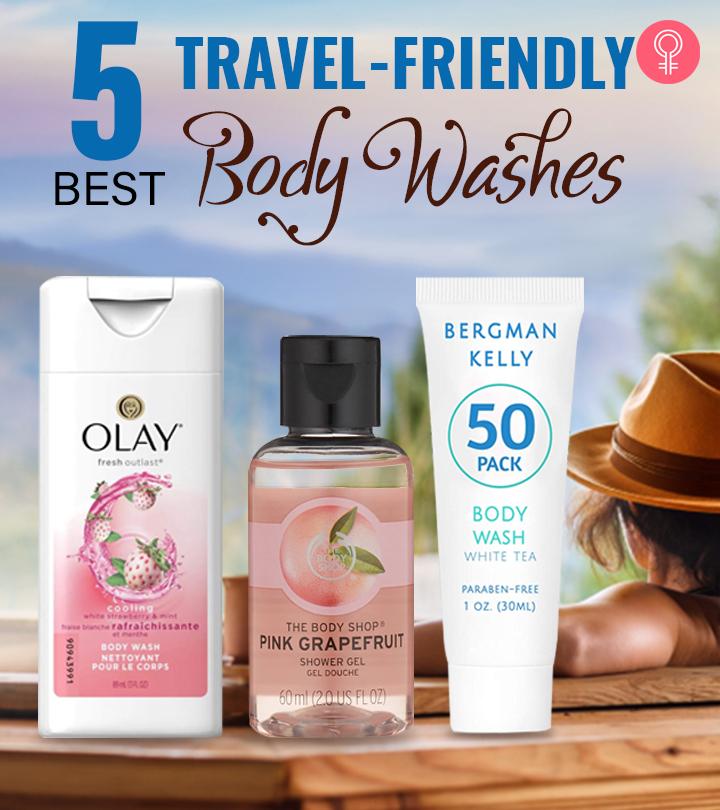11 Ways You Can Avoid Cavities
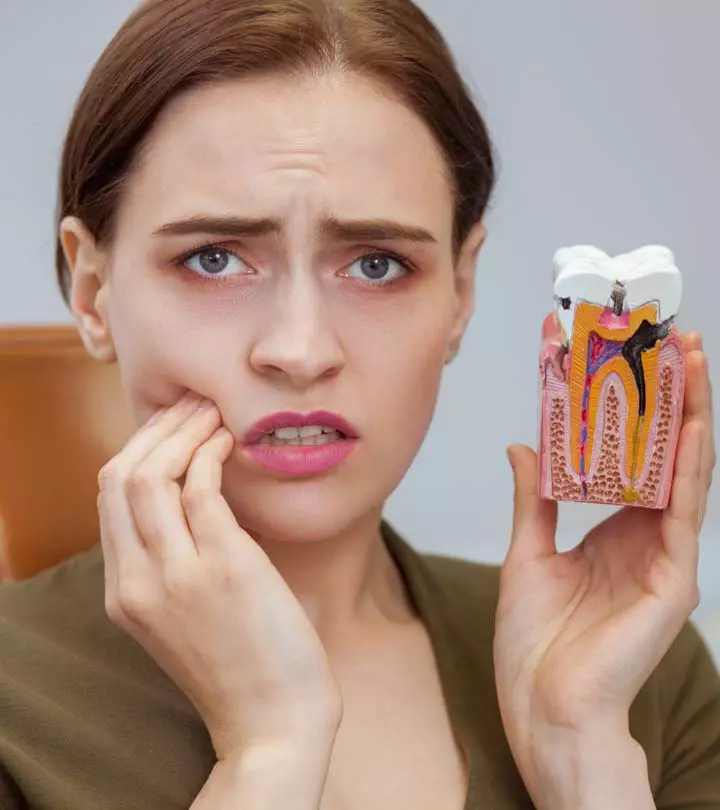
Image: Shutterstock
From our early childhood, cavities have been something we have always dreaded. Let’s be honest; nobody likes sitting in the dentist’s chamber to get the cavity holes filled for hours! Lets first clarify what cavities actually are and how they are formed: cavities are tiny holes that form on the surface of your teeth. They result from bacteria that reside on the tooth’s surface, turning sugar into acid. The most frequent cause is a bacterium referred to as Streptococcus mutagens (1). These bacteria produce an impervious film called plaque and strip minerals from the enamel.
Truth be told, we always keep the dentist’s appointment as a last resort after trying all home remedies. So be it! Several factors lead to cavities in addition to eating sweets. Dry mouth, insufficient oral hygiene are some of the common causes of unhealthy teeth. Here are some age-old secrets that you can try to feel a pinching pain in one of your teeth, and you suspect cavities.
1. Sugar-Free Gum
Chewing sugar-free gums after meals have been proven to aid in demineralizing enamel. Gum that contains xylitol is extensively researched for its capability to boost saliva flow and improve plaque acidity. Sugar-free gum contains a compound called casein phosphopeptide-amorphous calcium phosphate (CPP-ACP) that has been shown to reduce S. Mutans more than xylitol-containing chewing gum (2). When that happens, there is no scope for potential infection in your gums and teeth. In fact, chewing gum works as a stimulation for your jaw muscles. You can be happy about being infection-free and other bad breath triggers.
2. Vitamin D
Vitamin D is essential to aid in the absorption of calcium and phosphate in the foods you consume. There is an opposite relationship between eating foods high in calcium and vitamin D, such as yogurt, and the development of cavities in children. Vitamin D can also be obtained by sunbathing. So if you see the sun shining through on your balcony, don’t shy away and bask in the cozy heat, especially in winters. Not only is it refreshing, but also a good breather from being cooped up inside in artificial light the whole day.
3. Use Fluoride Toothpaste To Brush
The role of fluoride is crucial in preventing tooth decay and protecting the enamel. A large amount of research proves that regularly brushing your teeth using fluoride toothpaste helps prevent cavities. However, nowadays many commercial brands claim to have fluoride in their toothpaste. So, it’s better if you get one recommended from your dentist as s/he will know the right consistency and the right brand.
4. Cut Down On Sugary Food Items
You could have guessed this one, and we know you are not looking forward to it. Sugar consumption is the most significant cause of cavities. It is recommended that you reduce your sugar consumption in the range of less than 10 percent of your caloric intake throughout the day (3). Even if you eat sugar, make sure you don’t take in sugary foods all day. When the sugar has been eliminated, the enamel will have the chance to regenerate.
5. Oil Pulling
Oil pulling is an old practice that involves swirling oils, such as coconut or sesame, in your mouth for around 20 minutes before spewing it out. Oil pulling removes the toxins from your mouth and keeps them from harming your teeth. Using sesame oil can reduce gingivitis, plaque, and the number of bacteria present in the mouth in the same way as mouthwash containing chlorhexidine (4). All you need to have is some self-control over your gag factor and try this method for glorious dental results.
6. Cut Down On Fruits
This might be something new that you are hearing but it is actually very true. We know fruits are a healthy source of vitamins and minerals, but they also contain sucrose that may harm your teeth if you don’t brush your teeth regularly. Even if you have fruits, keep them during the daytime and brush your teeth well after eating them. Avoid consuming fruits at night, as it will accumulate overnight and cause enough damage.
7. Avoid Dairy
Dairy is a good source of calcium, but it also contains acid that erodes your teeth’ enamel. Many people tend to forget or simply avoid brushing teeth right after having a glass of milk, which often leads to cavities.
8. Licorice Root
It is believed extracts of the Chinese Licorice plants can fight off the bacteria that causes dental cavities. It has been used in various experiments to prove that it decreases plaque formation and reduces oral health problems in children (5).
9. Reduce Starchy Food
Starchy foods contain a lot of carbohydrates that may break down as acid and stick to your teeth. If they are not removed soon, they steal the shine of your teeth and eventually break down the enamel.
10. Drink More Water
Yes, staying hydrated can often solve many health issues, especially in the beginning stages. Water does way more than keep you hydrated. Drinking water rinses the cavity-causing germs in your mouth and drains them towards your stomach, where they can be destroyed with the stomach acids. Make sure you rinse your mouth well and drink water after each meal.
11. A Visit To The Dentist
Many dental issues, including deep ones, can be found without any discomfort or other signs. Regular dental exams are the most effective method to detect cavities before they become worse. The earlier diagnosis will allow for faster treatment. Here are a few things to look forward to in your appointment.
Fluoride treatments
Professional fluoride treatments contain more fluoride than toothpaste. It will help you get rid of plaque formation.
Fillings
Fillings are the necessary treatment when a cavity progresses beyond the enamel.
Crowns
A crown is a custom-fitted cap covering the tooth to treat extensive decay.
Root canals
When tooth decay reaches the pulp, a root canal may be necessary.
Tooth extractions
This is the removal of a severely decayed tooth to prevent it from spreading to other teeth.
So these were the secrets to keeping your pearly whites gorgeous and cavity-free. You don’t have to implement all of this in a day. What’s more important is you being conscious of the condition of your teeth, just like you are for your skincare and other routines. We know oral hygiene can be quite a dedication, but the results are very fulfilling. Brushing, mouthwash, and flossing are a must every day. So, do you have a secret to maintaining your lovely smile? Let us know in the comments below.
References
Articles on StyleCraze are backed by verified information from peer-reviewed and academic research papers, reputed organizations, research institutions, and medical associations to ensure accuracy and relevance. Read our editorial policy to learn more.
- Streptococcus mutans Caries and Simulation Models
https://www.ncbi.nlm.nih.gov/labs/pmc/articles/PMC3257652/ - The effect of two types chewing gum containing casein phosphopeptide-amorphous calcium phosphate and xylitol on salivary Streptococcus mutans
https://www.ncbi.nlm.nih.gov/labs/pmc/articles/PMC4450522/ - What is the appropriate upper limit for added sugars consumption?
https://www.ncbi.nlm.nih.gov/labs/pmc/articles/PMC5916235/ - Oil pulling for maintaining oral hygiene – A review
https://www.ncbi.nlm.nih.gov/labs/pmc/articles/PMC5198813/ - The antiviral and antimicrobial activities of licorice a widely-used Chinese herb
https://www.ncbi.nlm.nih.gov/labs/pmc/articles/PMC4629407/


